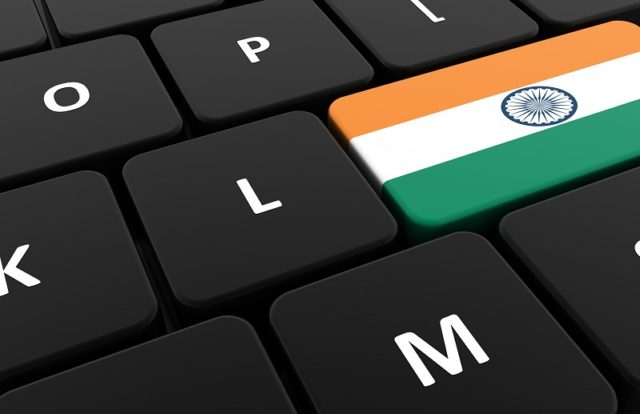
The pandemic has changed our lifestyles in many ways, and the increase in digitalization is one of the major developments. People are digitally connected more than ever. Besides, the work from home culture and online learning certainly boosted the global digital connectivity amid the pandemic.
Looking at the spiking trend of online networking and accessibility, security solutions provider McAfee conducted the “2021 Consumer Security Mindset Survey,” which revealed that consumers in India are more cautious about the security of their connected devices. It also stated that 88% of Indian consumers feel they are more digitally connected and 86% have implemented more protection for their digital devices.
Key Findings
- Nearly 57% of Indians agree that digital hygiene or the lack of it can put them and their families at risk.
- 2 out of 3 Indians (68%) check if the network that they are joining is secure before connecting.
- Increase in COVID-19-themed attacks targeting people working remotely.
- 53% feel more vulnerable to risks when someone has visited their home and has connected to their internet.
- Perceived to be most vulnerable to cyberthreats are Wi-Fi networks (57%), someone’s home computer (46%), smart home assistants (26%), smart TV (28%), and gaming systems (29%).
- 62% of the respondents believe that digital wellness and protection should have a separate curriculum and be taught throughout primary school. Online learners mostly concerned about exposure to scams (53%), sharing personal information (53%), illegal content (55%), cyber-bullying (52%), and misinformation (49%).
Increase in Cyber Hygiene
It was found that Indians are taking online security seriously — given the rise in COVID-19-themed attacks, which increased by 240% in Q3 and 114% in Q4 last year, with an average of 648 new threats per minute. Nearly 58% of Indians stated that they have a good understanding of the data they download/store on their mobile devices. Over 72% use a mobile security software solution to protect their mobile data, of which, 46% use preinstalled security software. And 58% of Indians believe that the information stored on their mobile phone is secure from cyber risks.
“Remote working, online learning, and a surge in the usage of connected devices due to more time being spent indoors have resulted in increased digital dependence among Indians. While our study indicates that more Indians are digitally connected owing to the pandemic, they are also now actively taking steps to keep themselves protected from online threats. The spike in our digital footprints during this time, makes it critical for everyone to understand the importance of online security and take measures towards protecting themselves,” said Venkat Krishnapur, Vice-President of Engineering and Managing Director, McAfee India.
How to Enhance Your Online Security?
With rising attacks on connected devices, consumers must understand the seriousness of potential risks and must follow the required security measures to protect their personal information. Here are some security tips to enhance cyber hygiene:
- Prioritize digital health by enhancing security standards across devices and home networks can also go a long way in maintaining digital wellness.
- Use multi-factor authentication to double-check digital authenticity and add a layer of security to protect personal data and information.
- Be cautious when connecting to any public Wi-Fi, or even your friend’s Wi-Fi connection, and make sure the network is secure and attached to a trusted source. Ensure that you don’t conduct any financial transactions or share any personal details while on an untrustworthy Wi-Fi network.
- Separate your devices for business and personal use. We may have brought work home with us, but it’s important to set boundaries between personal and work life.
- A comprehensive security software that can detect and block a variety of threats is always a good investment. Also, check if it includes a firewall, as this will ensure that all the computers and devices on your home network are well protected.
While we cannot expect 100% online data security, maintaining robust cyber hygiene will certainly help deter cyberthreats in the long run.










